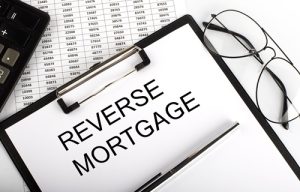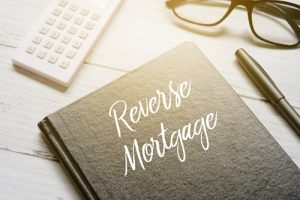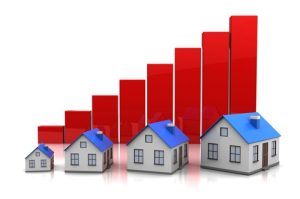
Financial challenges are becoming increasingly common, and as a result, many homeowners find themselves asking, “How am I going to make my next mortgage payment?” If this question resonates with you, rest assured that you’re not alone. In fact, rising costs and economic uncertainty have made it increasingly difficult for many to manage their monthly expenses. Thankfully, there are several solutions available. For example, exploring the benefits of a reverse mortgage can offer significant relief and financial flexibility.
Why a Reverse Mortgage Could Be the Right Solution
For homeowners aged 62 or older, considering a reverse mortgage could provide significant financial relief. This type of mortgage allows you to convert part of your home equity into cash, eliminating the need for monthly mortgage payments while you still retain ownership of your home. Here’s why this might be the right choice for your financial situation:
With this type of mortgage, any existing mortgage balance is paid off first, freeing you from monthly mortgage payments. This means more cash flow to cover other essential expenses or to use as you wish. However, keep in mind that you are still responsible for property taxes, homeowner’s insurance, and regular home maintenance.
Read More Struggling with Mortgage Payments? Discover How a Reverse Mortgage Can Help









